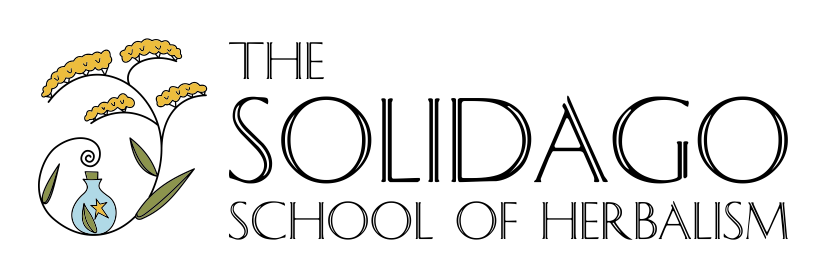Essential oils are plant poisons that have been extracted, purified, and concentrated. This is the definition of a drug, similar to aspirin. Some essential oils are even adulterated with synthetic chemicals that are an exact match to the chemicals in the essential oils. They are labeled with the name of the plant they are extracted from, but very little of the whole plant in actually in that bottle. That marketing aspect alone, is very seductive and folks believe they have a natural and safe product.
Essential oils are extremely concentrated. A LOT of plant material is used to make each small bottle of oil. I believe that plants in their whole form are strong enough and more beneficial because they are the way "nature" intended.
Essential oils are made from the volatile oils of the plants. These oils are plant immune systems (among other things). They are all anti-bacterial, anti-viral, insecticidal, and anti-fungal. They are all anti-life. They protect the plants from infections, insects, and many mammals. You will find that plants with high amounts of volatile oils in your garden, may smell great to humans, but often are free from most pests, even repelling deer.
The living microbiomes in our bodies (gut, mouth, sinuses, vagina, armpits, etc) are very important to our physical health, immune function, and emotional health. This is why people tend to be against taking excessive amounts of antibiotics ("anti-life" literally).
Essential oils are beginning to be used in hospitals and in livestock feed in place of phaceutical antibiotics. It has been found that essential oils are broad-spectrum in action, because of their complex chemistry. They are effective against antibiotic resistant bacteria and bacteria that the pharmaceutical antibiotics are not effective against.
Essential oils kill the microbiome or at least parts of it, making it weaker and less diverse. This is what people choose to diffuse in the air and breathe continually when they use diffusers. It could be compared to putting penicillin in aerosol and filling the house with it or putting it in a lotion and rubbing it all over, daily. I don't believe it is a good idea, even though many people use anti-bacterial sprays all the time, whether essential oil based or other.
Essential oils are also known to be endocrine disruptors, which means they act on hormones, similar to how plastic, xenoestrogens, and other environmental pollutants do.
Essential oils are caustic to skin and other surfaces. If used undiluted, they can burn the skin. They can ruin finish on a wooden table. These finishes are oil-based. Every cell in our body is lined with a lipid layer (fat aka oil). The potential of the essential oils to deteriorate or distort the lining around cells they come into contact with is a reality.
Aromatherapists say that essential oils are particularly effective when inhaled, because they are able to directly enter the blood stream through the alveoli of the lungs. They are also able to break the blood-brain barrier, according to many aromatherapists. If this is true, it means the essential oils affect brain function. When I took aromatherapy certification courses, (back in the early 2000's) we would inhale a lot of oils during class. The teacher always said, if we start to feel light-headed or spacey from the oils, to get fresh air and inhale the aroma of coffee beans to ground and refocus. HMMMMM... does this sound like a positive action on the brain? Not to me. Especially when caused by something caustic.
Volatile oils are stable. They disperse, but they do not decompose or breakdown. Our liver, lungs, and kidneys must process them and eliminate them from the body. If we ingest (via mouth, skin, or lungs) too many of them, especially when concentrated, it can challenge these organs and weaken them over time. People have died from ingesting undiluted essential oils.
These are all reasons to limit exposure, especially for children. Volatile oils in plants, when they are not processed into essential oils, can be great for us. Tea, infused oil, tinctures, infused honey, and infused vinegar are great ways to access, preserve, and benefit from volatile oils of the plants and are plenty effective. As you have discovered, it sounds like.
I believe that the line between herbalism and aromatherapy gets blurred in the public image and even among the majority of herbalists. However, aromatherapy and herbalism are very different. Once this distinction is made and understood, essential oils will gain the respect the y deserve and the constraint that is necessary to use them in an appropriate manner. Unfortunately they are very big business, which would not thrive if people used them appropriately.
The essential oil industry is having a disastrous affect on the environment. It takes an enormous amount of plant material to supply the demand of the industry. Massive mono-cropped fields and unsustainable wild harvesting around the world.
I would like to see a continued movement away from aromatherapy and toward natural scent therapy. Let’s focus on working with whole plants, harnessing their aromatic gifts, in a natural concentration that is helpful, yet not harmful to neither ourselves, nor our planet.

